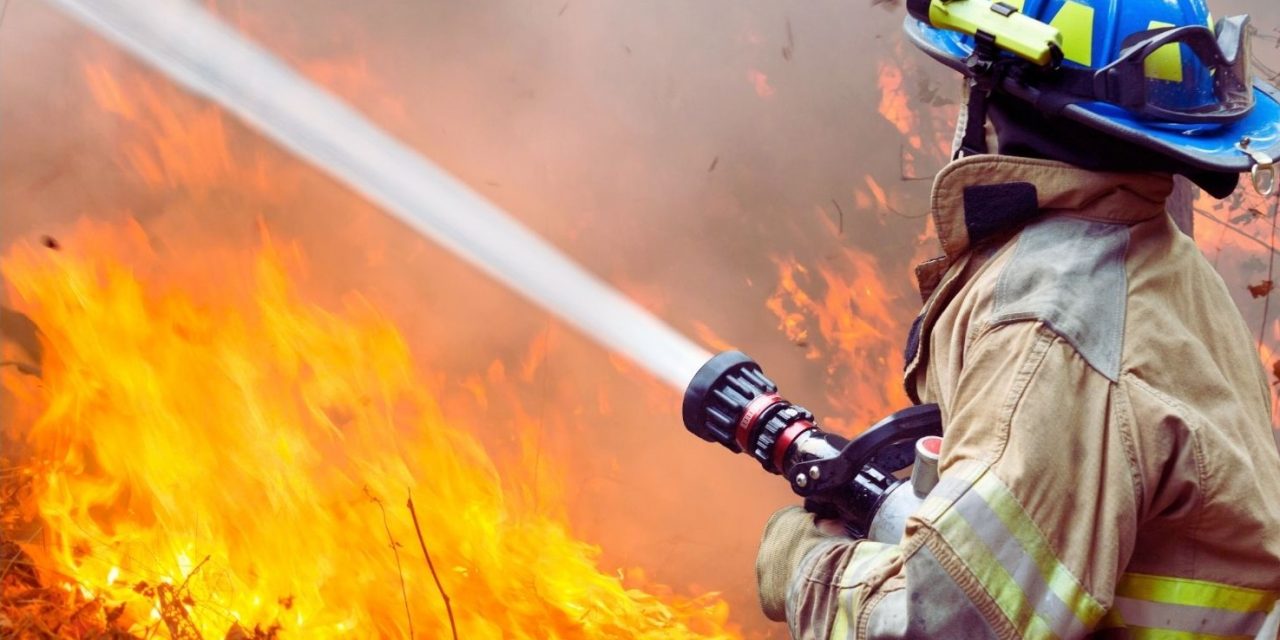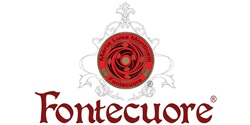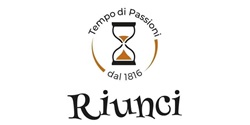Wineries Evacuate as Massive Blaze Continues to Spread in Santa Barbara
SANTA BARBARA – A wildfire that ignited near Zaca Lake in Santa Barbara County on July 5 has ravaged over 19,000 acres (7,689 hectares), forcing multiple evacuations, including several prominent wineries. The blaze, which started around 4 p.m. on Friday, quickly spread through dry grass, brush, and timber, propelled by the extreme heat and dry conditions that have plagued California recently.
Firefighting Efforts and Containment Challenges
Hundreds of firefighters, supported by 10 helicopters, have been battling the flames, but as of late Sunday, only 8% of the fire was contained. The fire continues to advance southward, posing a significant threat to structures in its path. “Our goal is to keep [the fire] away from … structures,” said Kenichi Haskett, the public information officer for the operation. He acknowledged the difficulty of the task given the current conditions.
Impact on Local Wineries and Communities
The fire has had a significant impact on local wineries, particularly those in the mountainous regions above Foxen Canyon Road, a hub for over a dozen vineyards. The Santa Barbara County Sheriff’s Department issued evacuation orders for several areas north of Los Olivos on Saturday night, affecting numerous wineries. Adrian De La Cruz of Petros Winery reported severe smoke conditions, stating, “The smoke is getting really bad…Yesterday it was raining ash.”
Additionally, Michael Jackson’s famed Neverland Ranch is also reportedly in the path of the fire, raising concerns about its safety.
Broader Context of California Wildfires
This fire is one of 21 blazes that erupted across California last weekend due to soaring temperatures. An excessive-heat warning remains in effect for inland areas, with temperatures expected to reach up to 46°C in some valleys. The National Weather Service has noted that such intense and prolonged heat has not been seen in the region for 20 years, exacerbating wildfire risks.
Potential Impact on the Wine Industry
The ongoing fires pose a threat not only to property but also to the local wine industry. The smoke from the fires can cause “smoke taint,” which affects the flavor of grapes, potentially leading to significant economic losses for winegrowers who are about to begin their harvest season. Some producers have started turning spoiled grapes into alternative products like brandies and BBQ sauces to mitigate losses.
As the situation evolves, efforts continue to contain the fire and protect both lives and property. The resilience and preparedness of the community and emergency services will be critical in the days ahead.










